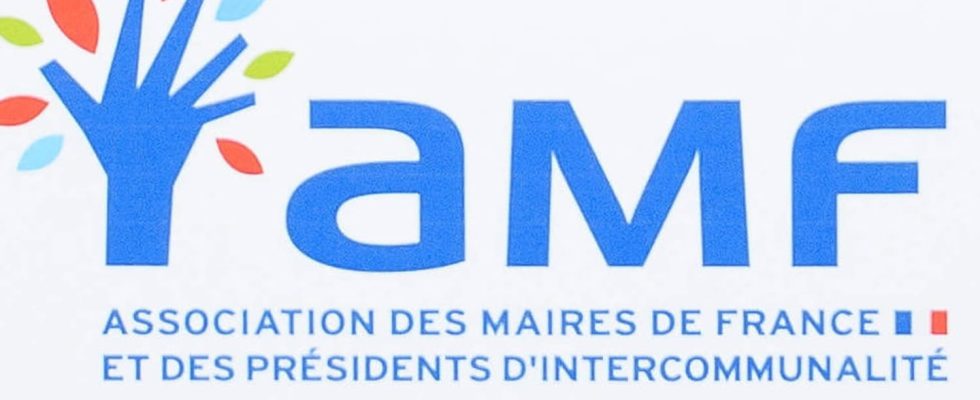While the Association of Mayors of France reports the violence against elected officials and the increase in the number of resignations, the executive promises a “cell to fight against attacks on elected officials”. What protection measures are envisaged?
France is going through a “major civic crisis”. This is the observation of David Lisnard, LR mayor of Cannes and president of the Association of Mayors of France (AMF) at the microphone of BFM TV. One of the direct consequences of this crisis is the increase in the number of resignations of elected officials: 1,293 mayors have returned their tricolor escape since the last municipal elections in 2020 according to a press release published in April by the AMF. The latest case is that of Yannick Morez, city councilor of Saint-Brevin-les-Pins, a small town in Loire-Atlantique, who threw in the towel on May 11, 2023 after several months of threats and the arson attack that aimed at his home on March 22.
The resigning mayor cited the “lack of state support” among the reasons for his departure. The city councilor denounced the lack of concrete action by the executive despite a letter sent to him by Emmanuel Macron on April 8 and promising to be “alongside the elected officials of our country in order to ensure them the best conditions of exercise of their mandates”. While several elected officials have been sounding the alarm for several months, even years, the Minister Delegate for Local Authorities, Dominique Faure, had promised on March 15, 2023 to create an “analysis and fight cell specifically dedicated to the fight against attacks on elected officials”. This cell should be up and running on May 17, note The Parisian.
What is the objective of the unit for the fight against attacks on elected officials?
If the Association of Mayors of France already has an observatory of attacks against elected officials, the “cell for analysis and the fight against attacks on elected officials” must raise the problem at government level. The cell will be installed at the Ministry of the Interior and will have to “identify these phenomena, analyze each fact, to prevent them and respond to them in full coordination with the prefectures, the police, the gendarmerie and the prosecution” according to the description made by Dominique Faure . In addition to this observation function, there will be the production of an annual report on violence against elected officials. “The objective is to have a detailed understanding of the phenomenon and to be able to map the violence, classify it by origin, by cause […] to better predict this rise in violence against local elected officials,” the minister added in March.
Several professionals from various backgrounds must operate within the cell but the details of the infrastructure staff, as well as its operating budget have not been communicated.
The AMF is delighted to see that the government is taking up the problem but hopes for something concrete. André Laignel, vice-president of the organization, promised on behalf of the AMF to be very attentive “to the means” allocated to the cell and to “continue the support provided to elected officials and the prevention work carried out with ‘them”.
What sanctions for violence against elected officials?
The unit for the fight against attacks on elected officials promises to “respond” to the violence and this could involve sanctions, but which ones? So far, not all reports and complaints from mayors have resulted in sanctions. The authorities’ response could therefore be more systematic, but the executive is thinking more of a strengthening of sanctions. The Minister Delegate in charge of Territorial Communities, Dominique Faure, had thus entrusted Paris Match in March to reflect on the possibility of punishing violence against elected officials with the same penalties provided for attacks on persons holding public authority such as gendarmes, police officers or magistrates. Such a provision is not yet at work, a text going in this direction and thought in cooperation with the Keeper of the Seals, Éric Dupond Moretti, could be presented “before the summer”. But the minister did not expand on the conditions for the implementation of sanctions.
Insults against agents holding public authority are punishable by 1 year in prison and a fine of €15,000 if the perpetrator of the offense is alone, 2 years’ imprisonment and a fine of €30,000. ‘fine if they are several, as can be read on the Ministry of the Interior website. It should be noted that in the event of physical violence, the penalties incurred are those provided for “battery and injury” and vary according to the importance of the injuries inflicted.
